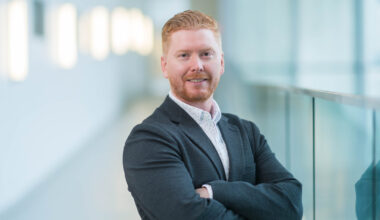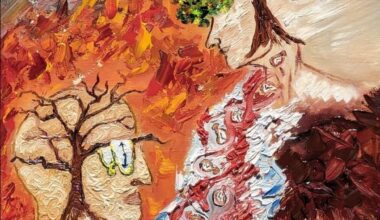The words we use to communicate about disabilities and the people who have them are of critical importance, and a new video project from Dr. Judy Illes and the National Core for Neuroethics aims to engage teachers in a better approach to talking about disabilities.
“Words can both reflect and propagate how children with disabilities are perceived and may perceive themselves,” says Dr. Judy Illes, who recently submitted a video to the CIHR Institute of Human Development, Child and Youth Health (IHDCYH) Talks video competition.
“Our video, Words, Worlds, and Wisdom, highlights the importance of the terminology used to describe disabilities around the world, with an emphasis on words used to describe neurodevelopmental disorders,” says Dr. Illes. “We want to help people make better choices in the terminology they use to talk about neurodevelopmental disabilities, including the use of person-first and identity-first language.”
To support this project, vote for Words, Worlds, and Wisdom by liking the video – click the “thumbs up” icon to the bottom-right of the video – on YouTube. Voting will remain open until 2:00 p.m. Pacific Standard Time on November 30, 2017.
About IHDCYH Talks
The IHDCYH Talks Video Competition is a unique opportunity to submit a short video that presents a clear evidence-based message to a lay audience that is designed to have a positive impact on the health of children, youth and families. The objective of the competition is to profile research and ideas within IHDCYH’s mandate to improve knowledge translation and help demonstrate the impact that evidence can and does have on maternal, reproductive, child and youth health in Canada.


